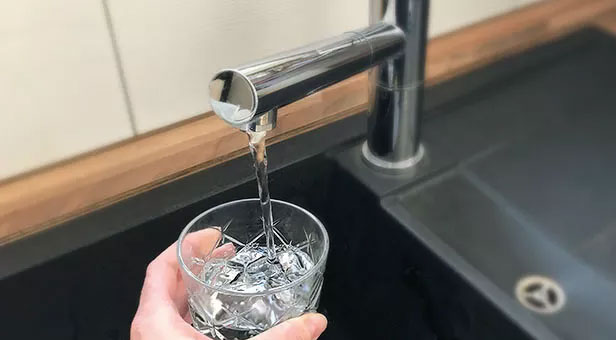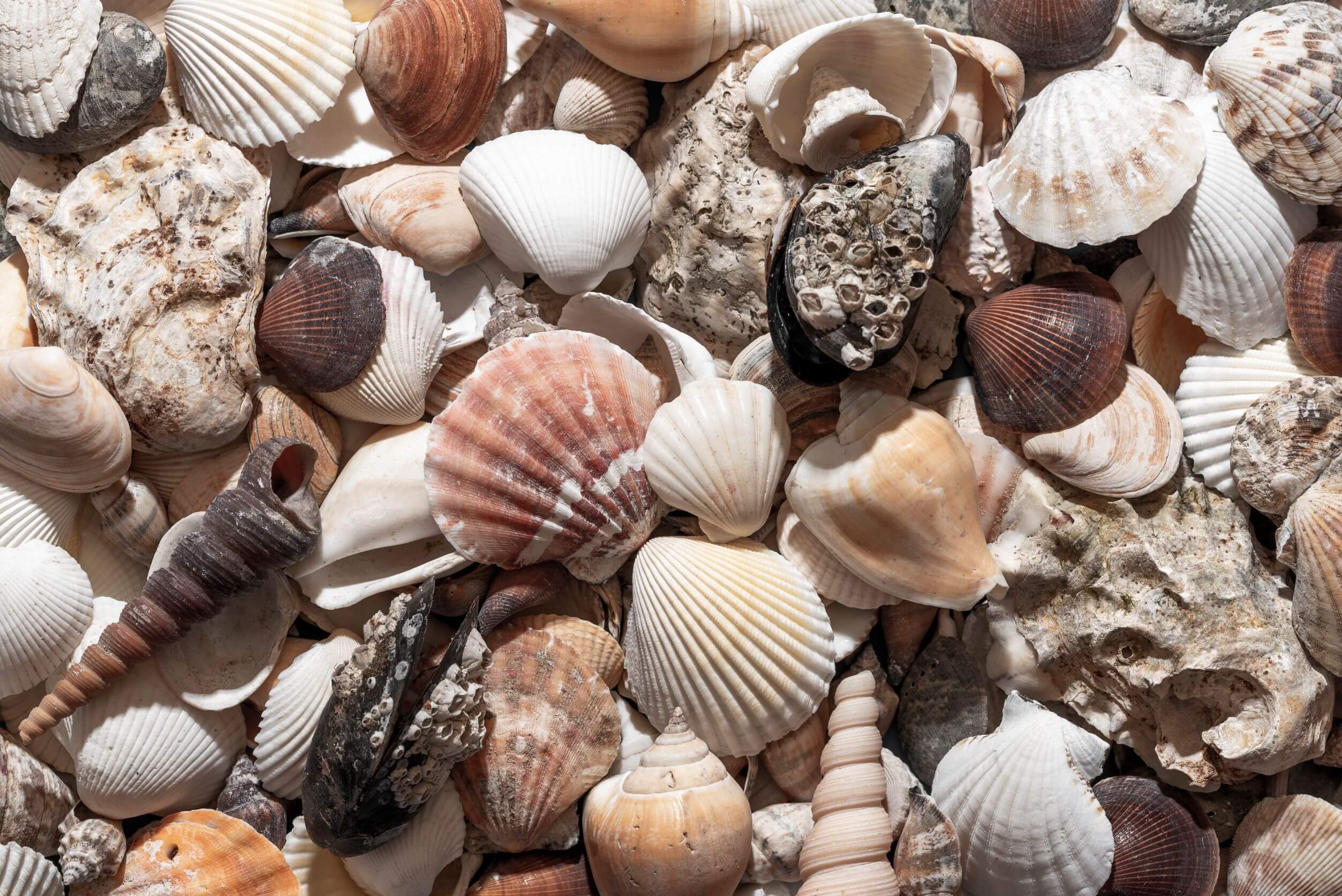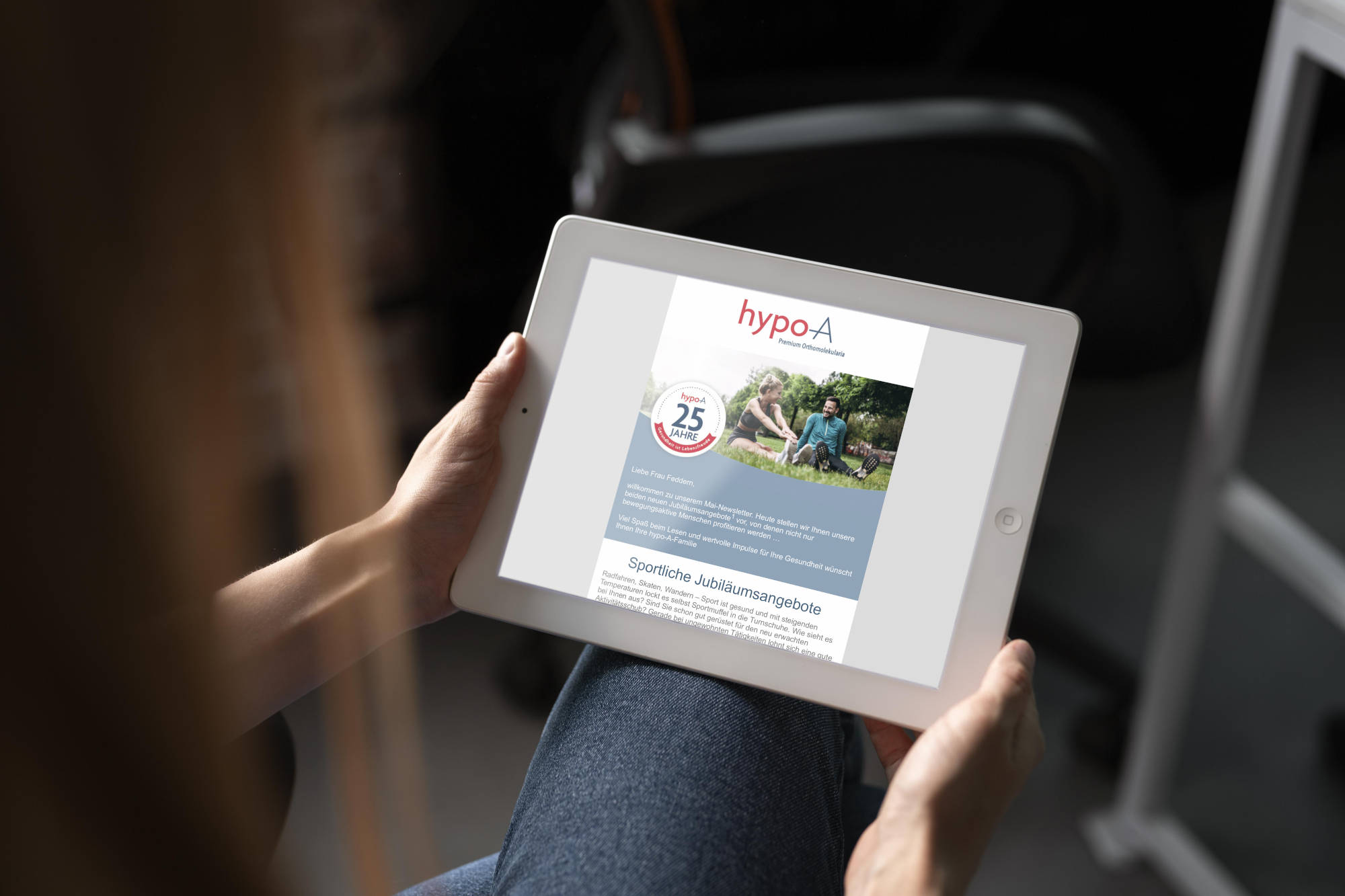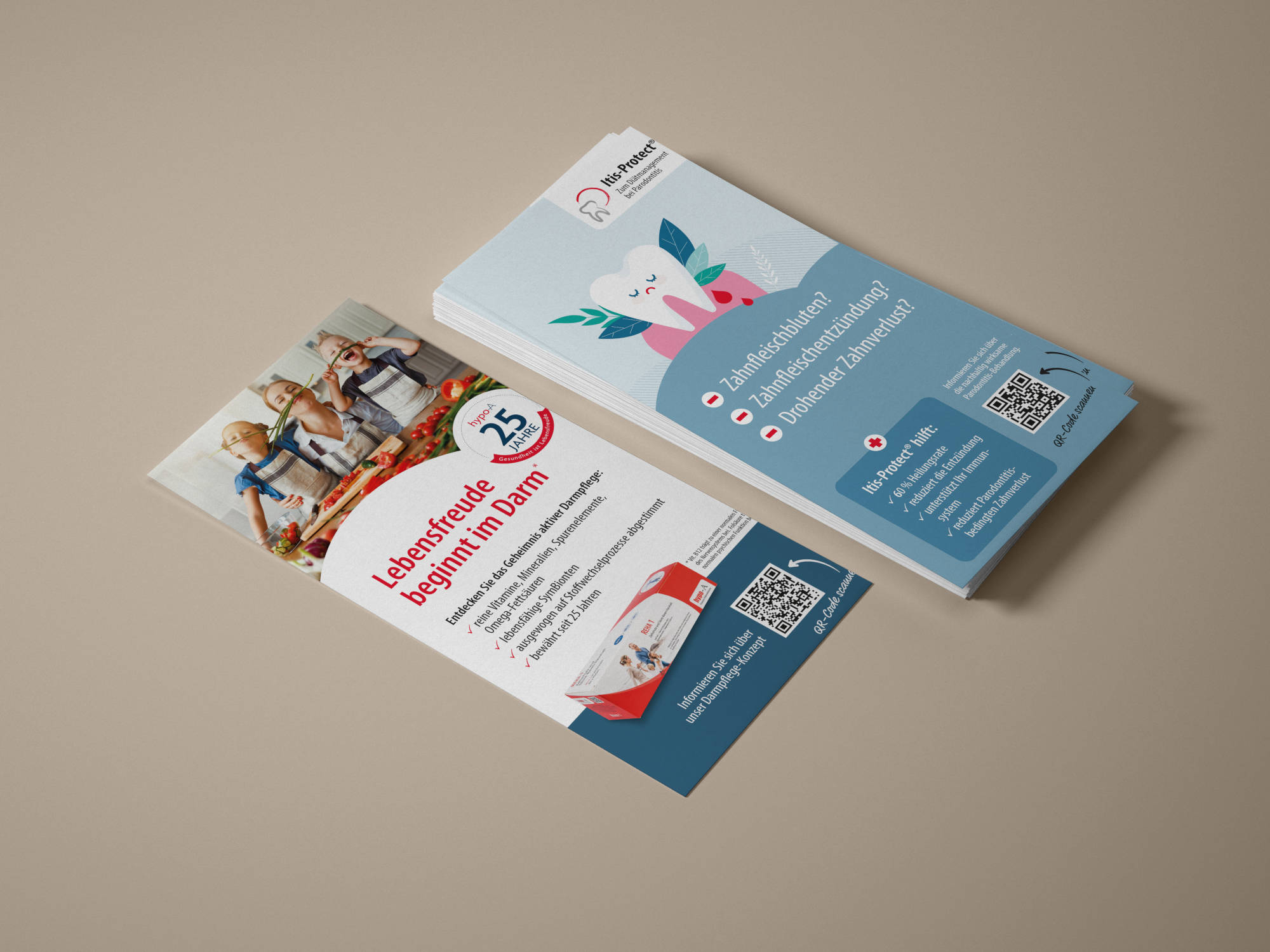09/01/2024
Drinking water: it's the quality that counts

Those who use drinking water from the tap have to carry less, protect the environment and also save a lot of money. But what is the state of drinking water quality in Germany? We asked Dr Hermann Kruse, environmental toxicologist at Kiel University, for you.
According to Dr Kruse, the limit values specified in the Drinking Water Ordinance are sufficiently low for most substances so that good drinking water quality can be expected.
If you want to know how your drinking water is doing, the responsible waterworks will provide you with information free of charge!
You should pay particular attention to arsenic and nitrate, whose current limit values (arsenic 10 µg/l, nitrate 50 mg/l) the expert considers to be far too high. Nitrate levels should definitely be below the 25 mg/l recommended by the EU - or even better, below 10 mg/l. Although nitrate is harmless in itself, it forms highly carcinogenic nitrosamines in the stomach via various intermediate steps with nitrite as an intermediate product.
Regional & domestic burdens
Depending on the drinking water source (herbicides and radioisotopes/uranium in Lake Constance), drinking water supply (lead pipes, nickel-containing taps) and region (copper in acidic water), there may be further contamination.
Lead pipes were used until the 1950s.
If in doubt, you should have a drinking water sample analysed for lead. The costs for this are around €30-40.
Smells
If water from the tap smells, this is often due to harmless sulphur compounds.
The odour of water from plastic bottles, on the other hand, should be viewed critically, as it is usually caused by olefins that are added to the polyethylene. Bottles made from PET (polyethylene terephthalate) are usually better in this respect.
Minerals in drinking water
Valuable minerals in drinking water are calcium and magnesium, which are not normally sufficiently contained in food. Dr Kruse considers a calcium content of 120-130 mg/l in drinking water to be optimal. The situation is completely different with the sodium contained in table salt, which most people consume too much of. Accordingly, low-sodium drinking water is preferable. The situation is similar with potassium, the supply of which is normally ensured through the diet and the concentration of which in drinking water should not be too high.
You should pay attention to these values
| Substance | Recommendation Dr Kruse | Notes |
|---|---|---|
| Arsenic | must remain well below the limit value of 10 µg/l | Content in drinking water depends strongly on the region, fortunately in our region it is usually < 1 µg/l; increases the risk of cancer |
| Nitrate | if possible < 10 mg/l | Caution in regions with intensive agriculture - especially with domestic wells |
| Lead | < 10 µg/l | sensible limit value, caution with lead pipes in the house |
| Uranium | if possible < 3 µg/l | Content in drinking water depends on the region; extremely harmful to the kidneys |
| Copper | clearly < 2 mg/l | Caution with acidic water, limit value is relatively high, too much copper can lead to liver damage in children |
| Calcium | not too low, ideal: 120-130 mg/l | Drinking water should contribute to the calcium supply. |
| Magnesium | not too low, but < 50 mg/l | Drinking water should contribute to the magnesium supply. |
| Sodium | rather low | We don't need sodium from drinking water. Most people consume too much sodium (table salt). |
| Potassium | Rather low | Most people already get enough potassium from their diet. |
What can you do to improve the quality of your drinking water?
1. Inquire at your local waterworks about the values that apply to your drinking water. They will provide you with information free of charge! Pay particular attention to the information for nitrate, arsenic, copper and uranium.
2. if you have lead pipes in the house, you should definitely replace all pipes that lead to your drinking water tap. Pipes made of polyethylene or steel are ideal.
3. if water stands for some time, very high nickel concentrations can be reached in the tap from the fittings. Therefore, always allow the water to run briefly before using it for cooking or drinking (approx. 200 ml is sufficient).
4. if you want to bottle water: It is best to use glass bottles and not plastic bottles.
5. Be careful when using domestic water filters. They can easily become contaminated and pollute the drinking water with bacterial toxins.
If you follow these rules, there is nothing to stop you from enjoying drinking water from the tap! Dr Kruse is also convinced of this:
"I have to be honest, I'm a big fan of drinking water".































